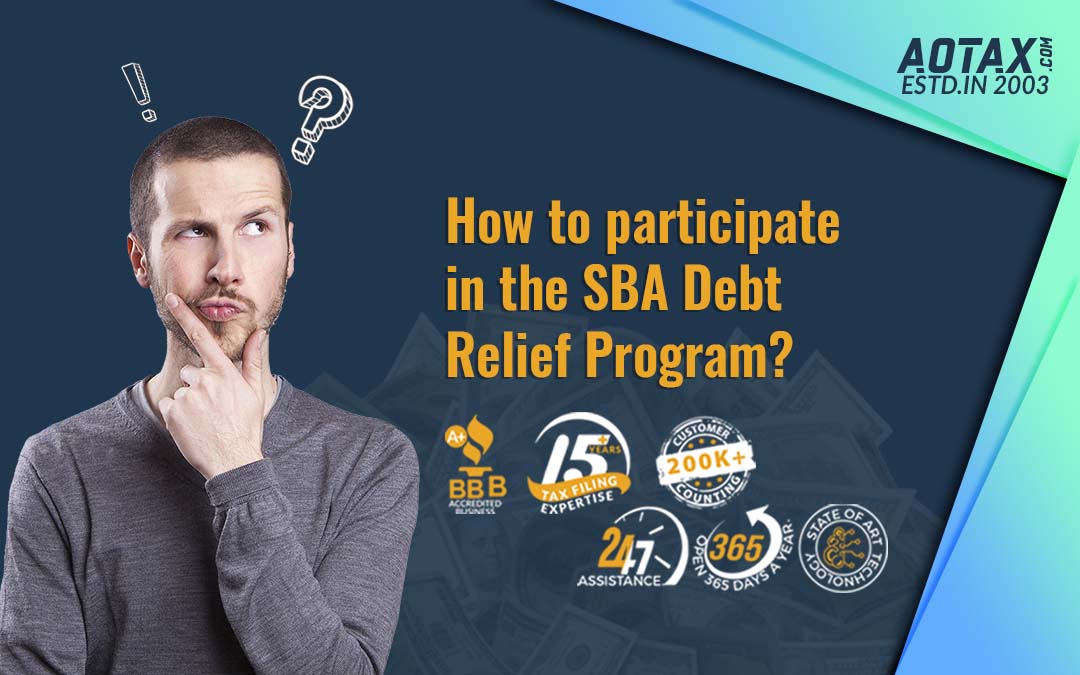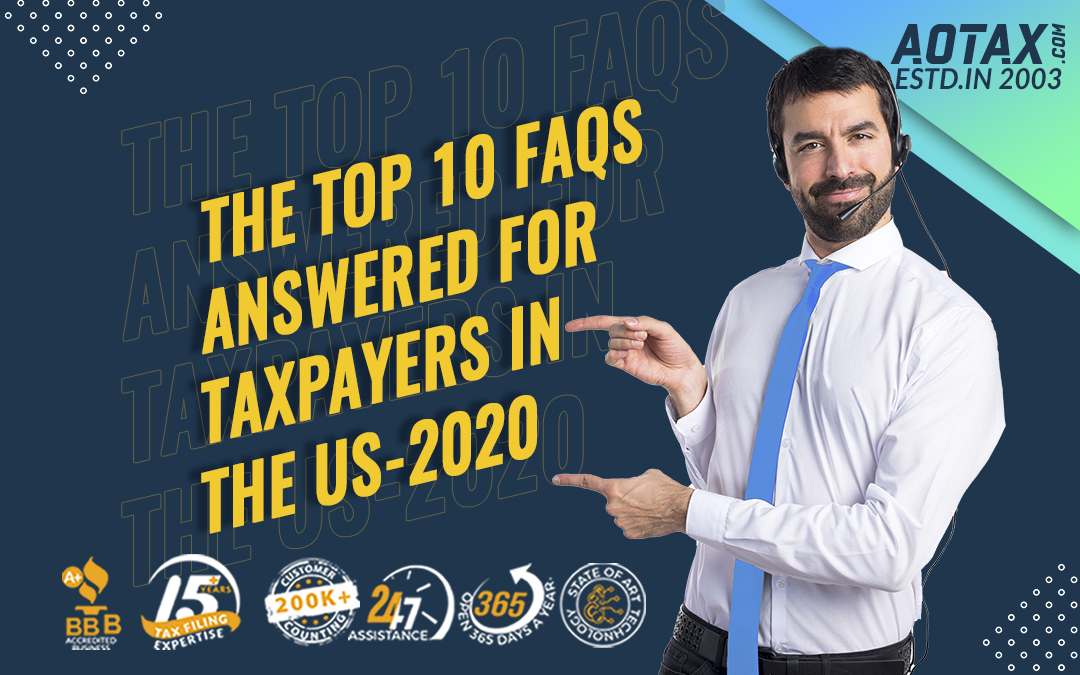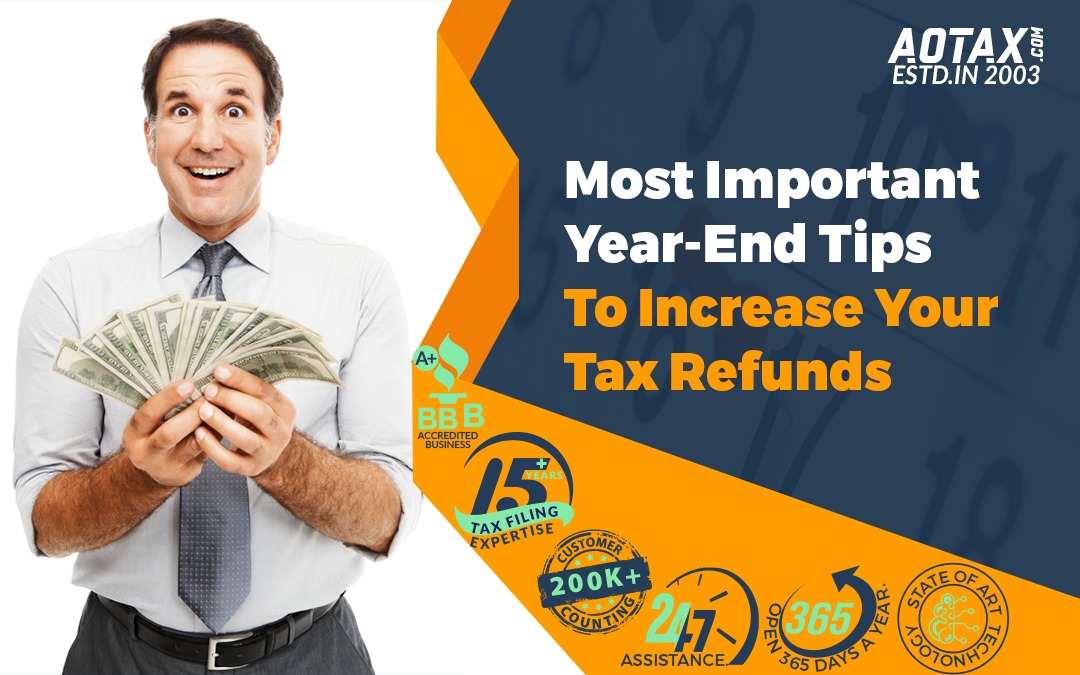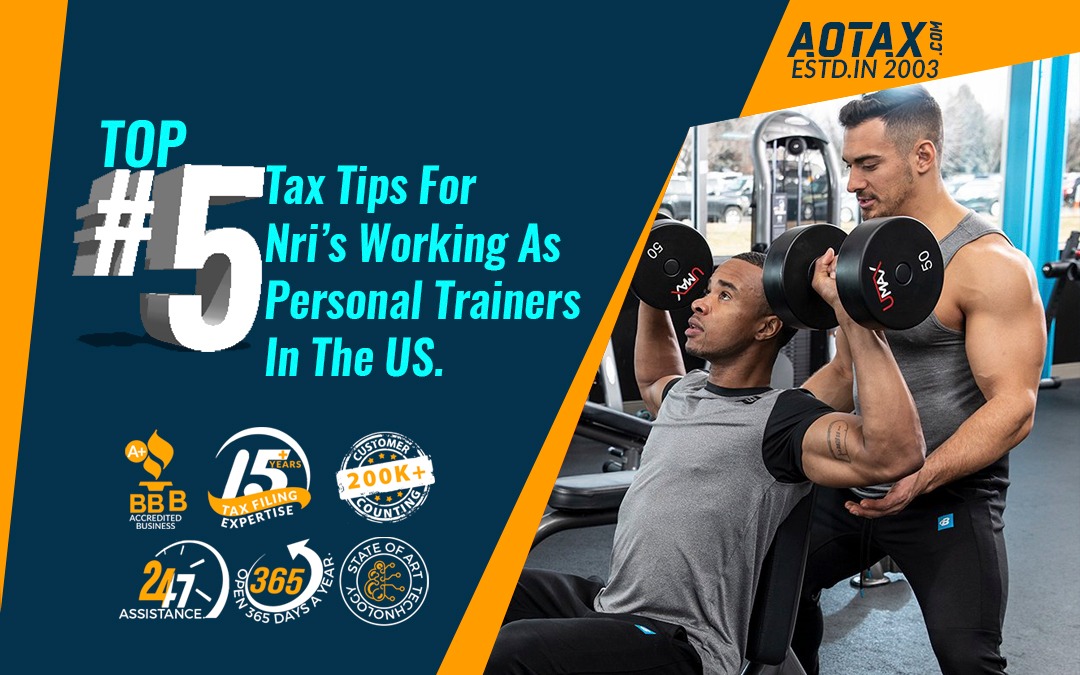SBA Debt Relief for small business owners
SBA Debt Relief for small business owners

The pandemic COVID-19 has created a lot of financial problems for people across the country. People from every profession are facing several economic issues due to the coronavirus and are continuously struggling to lower the impact of the pandemic on the profession/work-related front. However, if you are a small business owner then your business must have been impacted badly by the spread of the COVID-19. So, one of the ways by which you can be able to obtain some financial aid during these challenging times is through the US Small Business Administration (SBA) Debt Relief Program.
SBA Debt Relief Program

The SBA is a part of the $2 trillion packages offered by the US Government under the provisions of the CARES (Coronavirus Aid, Relief, and Economic Security) Act. It can be described as a debt-payment assistance program that would help in providing immediate relief to the various small businesses in the United States with the help of Small Business Administration Loans.
By the SBA Debt Relief Program, financial assistance can be provided to small business owners by making a payment of principal, interest, and any other fees which the borrowers owe for the current 7(a) loans, 504 loans, and other Microloans as well.
How to participate in the SBA Debt Relief Program?

If a business is eligible to participate in the SBA Debt Relief Program there is no need for any application. Participation is automatic. The SBA has given instructions to the different lenders for not collecting any loan amount during the debt relief period. The SBA has said that it would make the loan payments for these borrowers. According to the provisions of the CARES Act, the SBA should start making the payments within a month of the date on which the first payment of the loan taken needs to be done.
- In case the loan payment of a borrower was to be collected after 27th March 2020, then the lenders were provided with the instruction to inform the borrower about having the option of loan payment returned or applying the payment for even more reduction in the loan balance after the payment has been made by the SBA.
- If the loans are not deferred then the SBA can start making the payments on the due date of the next payment and will be making the payments for 6 months.
- For those loans which are on deferment, the SBA will be making the payments with the immediate next payments that are due after the end of the deferment period. The SBA will be making the payments for the upcoming 6 months.
- In the case of those loans which have been made after 27th March 2020 and have been fully disbursed before 27th September 2020, the SBA will make the payments. The SBA will start with the first payment which is due and would do the payments for the upcoming 6 months.
Can the SBA Debt relief program be applied to PPP and EIDL loans?

- The Debt Relief Program by the SBA does not apply to the Paycheck Protection Program (PPP) loans to or to the Economic Injury Disaster Loan (EIDL).
- EDILs which have the status of regular servicing which means when the loan is in a closed state with accordance to the Terms and Conditions of the loan authorization, the payment for the final disbursement has been made and the SBA guarantee fee has also been paid as of 1st March 2020, automatic deferments would be provided by the SBA through 31st December 2020.
- However, interests would keep on accruing during this period.
Can you get a PPP loan even if you have received the SBA debt relief?
Yes, even if you have received the SBA Debt Relief you can fill an application for obtaining the PPP loan. You must keep in mind that the procedure for obtaining a PPP loan is different from that of the process for obtaining the SBA Debt Relief.
Conclusion
So, the SBA Debt Relief is an excellent initiative by the Government to alleviate the distress caused to the economic condition of the small businesses within the country due to the pandemic COVID-19. The borrowers might have several queries related to the SBA debt relief program and must contact their lenders for this purpose.






Recent Comments